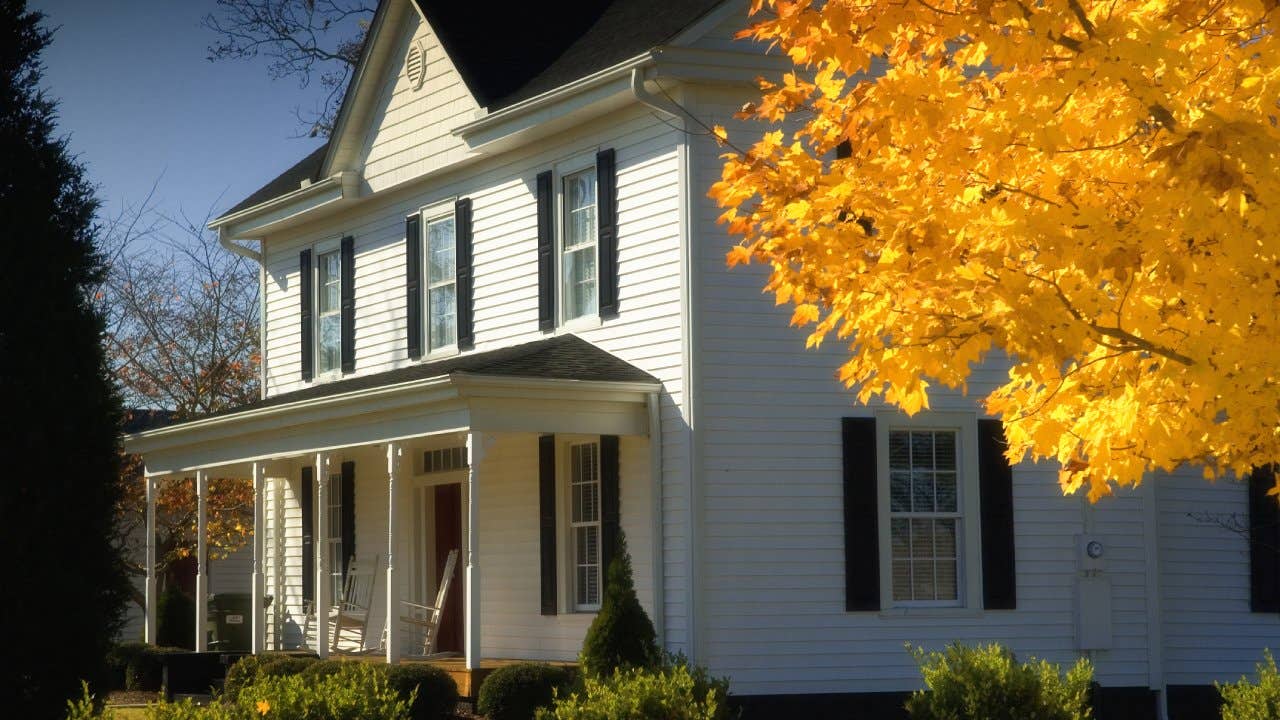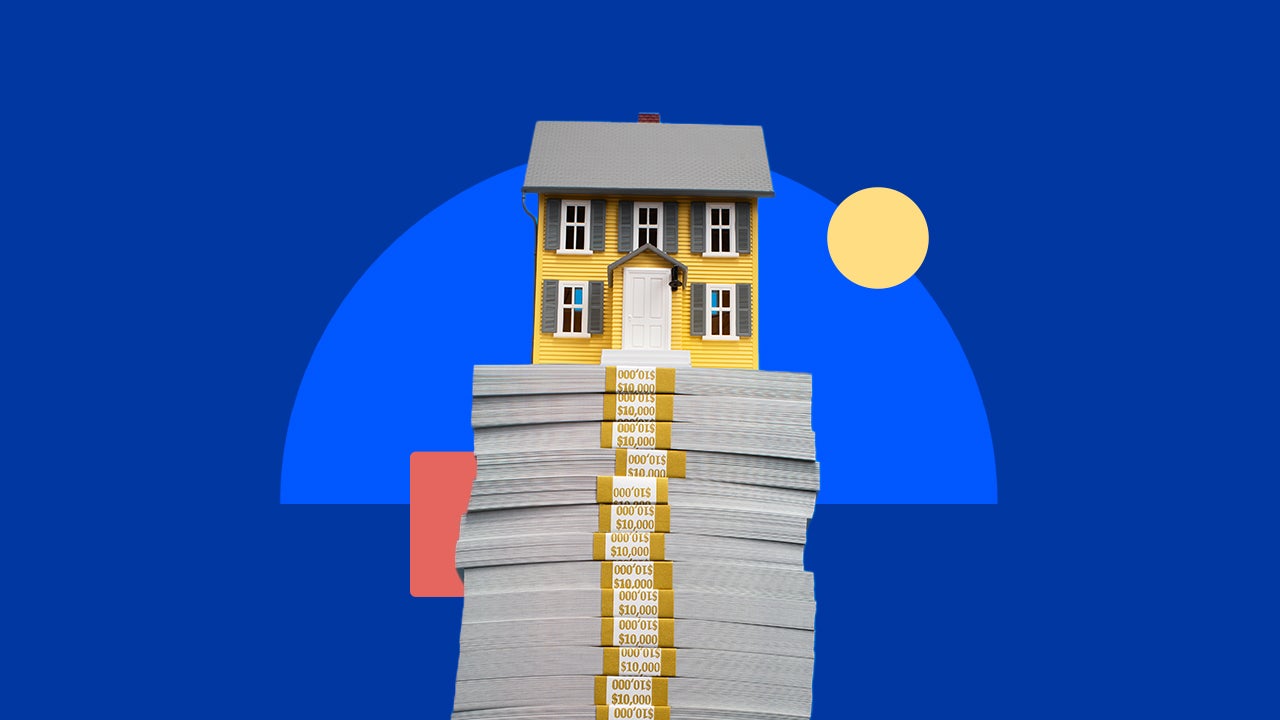Closing costs in New York state

The Empire State’s real estate market is a bit of a mixed bag. On the one hand, parts of New York City and the Hamptons are among the priciest housing markets in the entire country. But the rest of the state, which is quite large, is full of cities like Buffalo, Rochester and Syracuse, all of which have median home prices of just $200,000 or less (according to July Redfin data).
Whether you’re buying in Long Island or selling in Lake Placid, there’s one part of the real estate transaction that you can’t avoid: closing costs. Here’s what to expect when it comes to closing costs in New York.
How much are closing costs in New York?
Closing costs vary by state, and New York is on the high side with an average rate of 3.1 percent of a home’s sale price, according to CoreLogic’s ClosingCorp. By comparison, Connecticut’s rate is 2.1 percent and New Jersey’s is 1.7 percent.
Data from the New York State Association of Realtors shows that July 2023’s median sale price for the state was an even $400,000. Applying the rate of 3.1 percent, that means closing costs of $12,400.
That number will vary greatly depending on home prices in your local market, though, and prices tend to get higher the closer you get to New York City. According to Redfin, the July median in Westchester County, just north of the city, was $770,000, which would result in closing costs of $23,870. But in Potsdam, not far from the Canadian border, the median is just $175,000, meaning closing costs of $5,425.
Who pays closing costs in New York, buyers or sellers?
Whether you’re buying or selling in the New York housing market, You will be responsible for some amount of closing costs.
Closing costs for buyers
As a homebuyer, most of your closing costs will relate to your mortgage loan. Here are some of the most common closing costs for buyers:
- Loan-related fees: Many lenders charge borrowers loan application and origination fees, as well as a fee to check your credit history. If you are paying points on your mortgage, which typically bumps down your interest rate by 0.25 percent for every 1 percent of your loan amount, that fee will be part of your closing costs as well.
- Appraisal and inspection fees: Your lender will likely require a professional home appraisal to confirm the home’s value (and make sure it’s worth at least the amount you’re borrowing). It’s smart, but not required, to get a professional home inspection as well. This will alert you to any problems with the home and property before they become your problem. If a major problem is discovered, you may be able to use it as a negotiation point. Expect each to run a few hundred dollars.
- Title-related fees: Similar to a background check, a title search is conducted to confirm ownership and make sure that there are no liens or claims on the property. Title insurance protects you (as the new owner) and the lender if any issues arise after the deed is transferred. In some states, the seller pays for title insurance, but in New York, it’s typically the buyer. The cost will depend on your loan amount.
- Taxes: At closing, you’ll likely need to prepay a portion of the year’s property taxes as determined by your local jurisdiction. These funds will be held in escrow and distributed on your behalf. Sellers pay for the base transfer tax in New York, but if you’re buying a home for over $1,000,000, you’ll be on the hook for an additional fee in the form of the state’s mansion tax, which starts at 1 percent of the sale price and gets higher the more expensive a home gets.
- Attorney fees: The state of New York requires both homebuyers and sellers to be represented by an attorney at closing, so add legal fees to the list.
Closing costs for sellers
Sellers aren’t off the hook just because they’re not taking out a mortgage. Here are some of the most common closing costs for sellers:
- Agent commissions: Realtor fees will be your largest expense when selling your home. Commissions typically run between 5 and 6 percent of a home’s sale price, which means the amount can be steep. On a median-priced $400,000 home, 5 percent comes to $20,000.
- Transfer taxes: As the seller, you’ll need to pay New York’s real estate transfer tax, which is $2 for every $500 in home value. On a median priced $400,000 home, that’s $1,600. In New York City, an additional city tax applies.
- Attorney fees: The state of New York requires both homebuyers and sellers to be represented by an attorney at closing.
- Seller concessions: If you made any concessions to the buyer, such as offering to pay for a repair, they’ll be settled at closing time and taken out of the sale price.
- Wire transfer fee: If there’s a balance left on your mortgage, it will be taken out of your sale proceeds and wired to your lender. There may be a fee for this.
Lowering your closing costs in New York
You might be surprised to learn that many closing costs are negotiable (except for government-assessed fees like property and transfer taxes, of course).
For home sellers, your most expensive cost is also one of the most commonly negotiated: the Realtor commission. If your agent is willing to lower their commission by even a little, it could save you a lot. For example, a 5.5 percent commission on a median-priced $400,000 home, rather than the full 6 percent, will save you $2,000.
Buyers can explore down payment assistance programs, which help cover closing expenses for qualified buyers via low- or no-interest loans, grants and more. There are options specifically for first-time homebuyers in New York as well. And remember that different lenders may offer different rates, terms and fee structures, so be sure to shop around for the best deal. Don’t be afraid to ask the seller for concessions, either. They might not agree to pay for that plumbing repair (for example), but it doesn’t hurt to ask.
Find a local real estate agent
New York’s real estate market is unique and complex, and the best way to navigate it is with the help of an experienced local real estate agent. If you don’t have one, a great place to start is by asking for referrals from friends and family. Do some online research, too. Interview a few different candidates to find someone who’s a good fit — and if you can find someone who knows your specific area very well, or even your specific neighborhood, all the better.
FAQs
-
According to data from ClosingCorp, closing costs in New York average 3.1 percent of a home’s sale price (not including agent commissions). The median price in the state was $400,000 as of July, per the New York State Association of Realtors, so the closing costs on a median-priced home would come to $12,400.
-
Real estate agent commissions, typically paid by the seller, are the most expensive part of closing costs, typically totaling between 5 and 6 percent of a home’s sale price. For a median-priced $400,000 New York home, 5 percent comes to $20,000.
Why we ask for feedback Your feedback helps us improve our content and services. It takes less than a minute to complete.
Your responses are anonymous and will only be used for improving our website.






